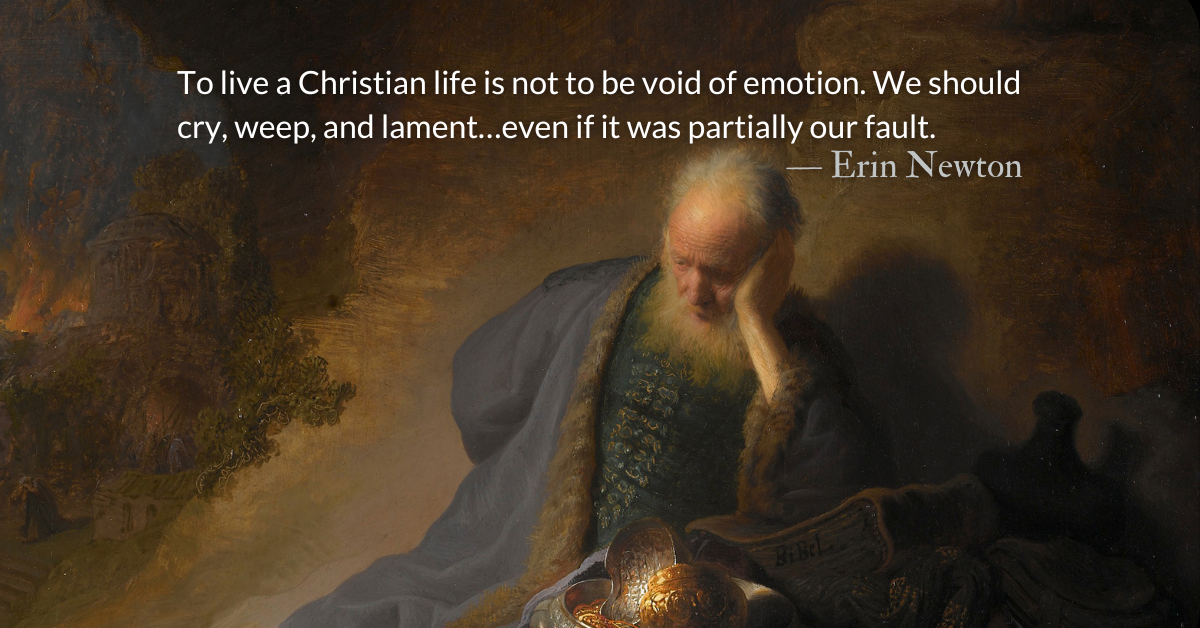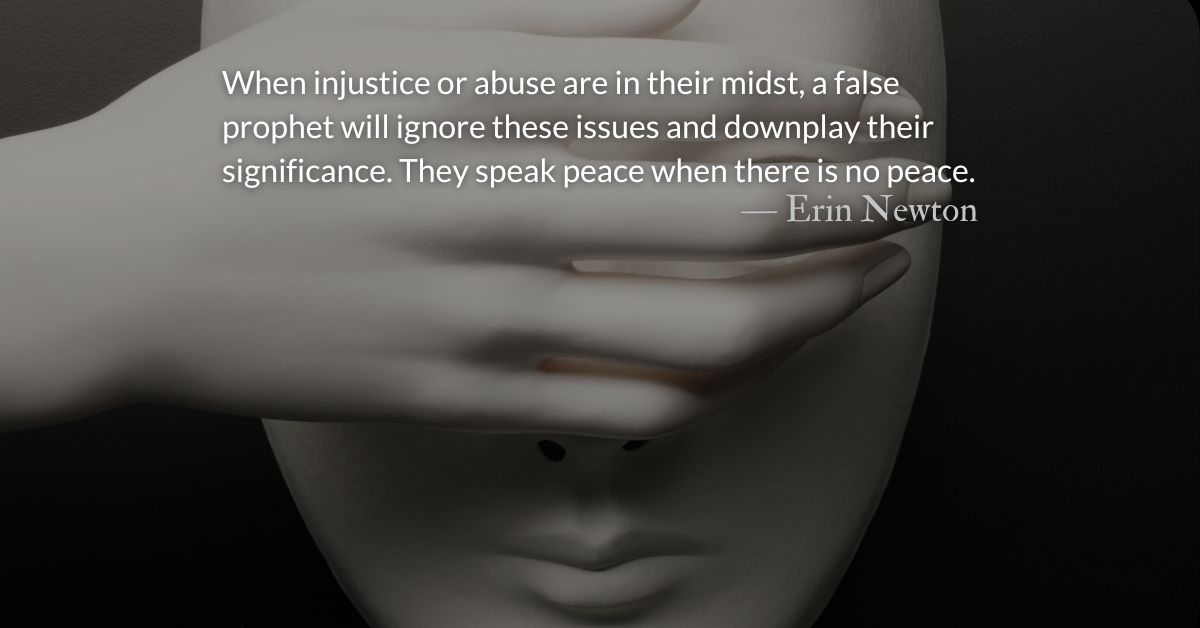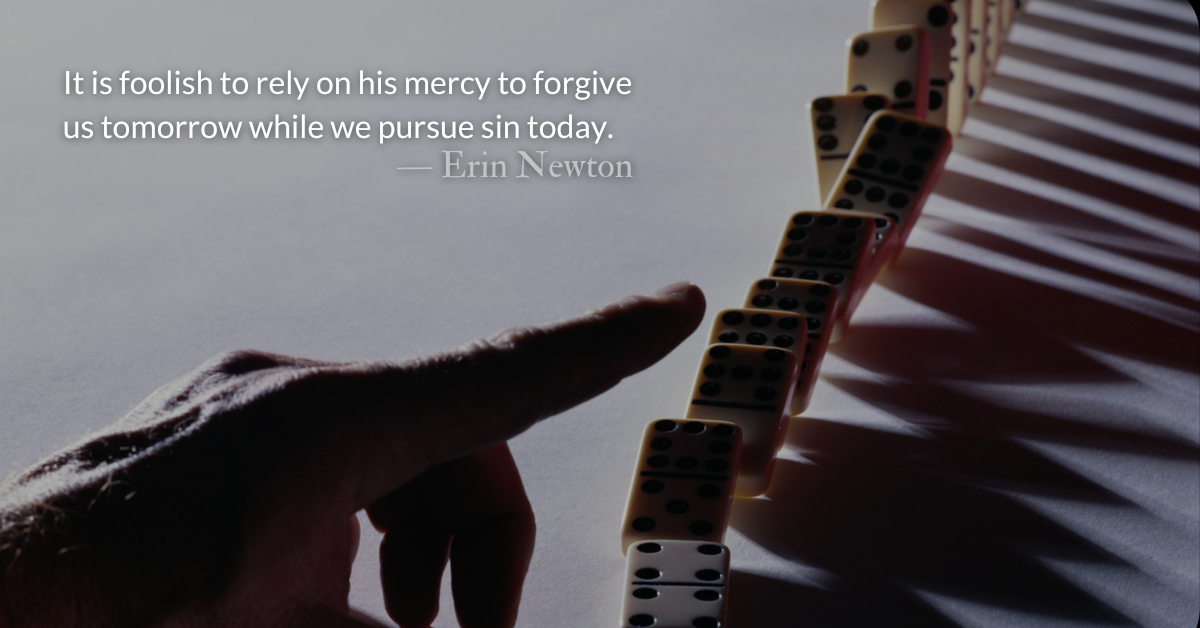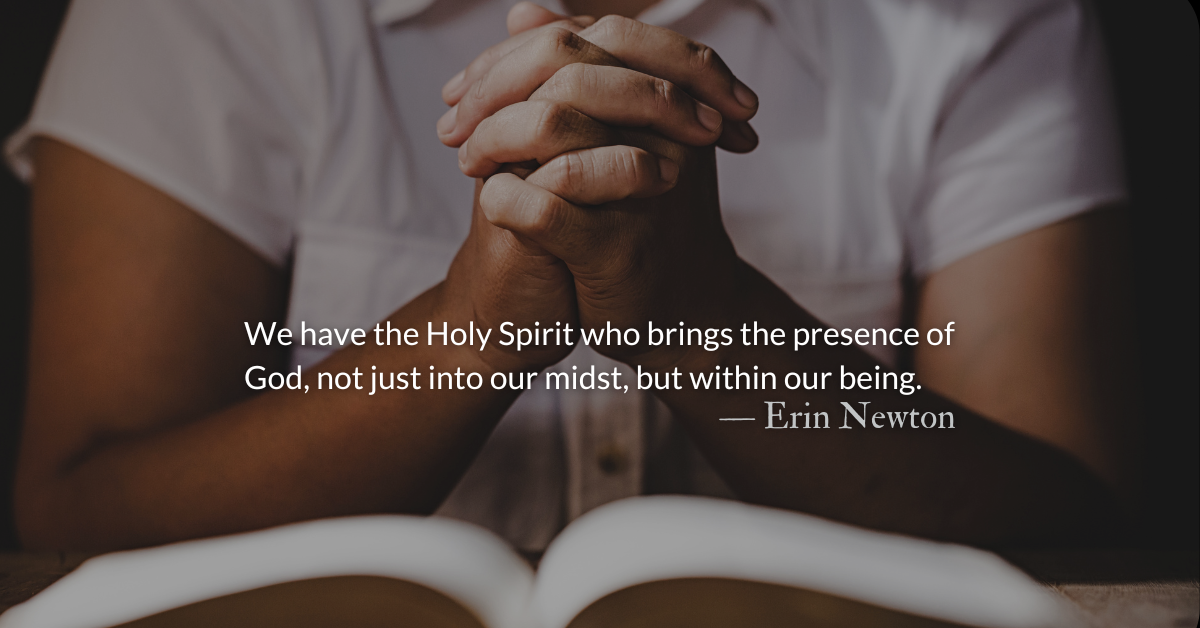Scripture Focus: Ezekiel 19:9, 14b
9 With hooks they pulled him into a cage
and brought him to the king of Babylon.
They put him in prison,
so his roar was heard no longer
on the mountains of Israel…
14 “…This is a lament and is to be used as a lament.”
Image Note: Today’s image is taken from Jeremiah Lamenting the Destruction of Jerusalem by Rembrandt. View a high-quality image of the painting at this link.
Reflection: A Dirge from God
By Erin Newton
Jesus wept. When Lazarus died, Jesus grieved. We know Jesus was fully human and he experienced the same feelings as we do. We often think that Jesus’ experiences with grief created the means for God to understand our sadness and sympathize. The incarnation of Christ highlights his experiences with grief. Yet, God has been nurturing and guiding people through their sorrow for centuries before Jesus. He can sympathize with our sorrow, but he has also been anticipating our sorrow and providing guidance on how to process these difficult emotions.
Much of the poetry in the Bible expresses the emotional aspect to our spiritual lives. We often think of Psalms in times of distress, hoping for words that resonate with our souls. Surprisingly, we sometimes find such poetry in the prophets.
God gives Ezekiel words for the nation’s lament. He utilizes the imagery of a mother lion and her cubs. One cub is captured and taken away. The next cub is reared but captured and taken to Babylon. These cubs are the kings of the northern and southern kingdoms. The lament speaks poetically about God’s people being uprooted from the fertile land and cast into the desert. God declares that these verses be used as a lament.
This particular word for lament, qina, specifically indicated a funeral hymn, a dirge. For many chapters, we have read about God’s coming judgment upon the people because of their unfaithfulness. Time after time, we could see that whatever was coming was their fault. But God considers their emotional well-being. Judgment has come but he guides them in their lament.
God speaks to us in our humanity. Life with God is not cold. Other laments and psalms reveal the depths of emotional pain. To live a Christian life is not to be void of emotion. We should cry, weep, and lament…even if it was partially our fault.
There is a temptation to shame people amid their pain. “They deserve it.” In the case of the Israelites, “God warned them.” We scoff, roll our eyes, and mutter, “Well, I don’t feel sorry for them.” But this lament in Ezekiel tells us that no matter who it is, people are free to feel.
It is through the deep wells of emotions that we often meet God. No facades of strength. Just our authentic, emotional selves. In aiming to be strong, we forget the God-given duty to grieve.
Divine Hours Prayer: The Refrain for the Morning Lessons
Those who sowed with tears will reap with songs of joy.
Those who go out weeping, carrying the seed, will come again with joy, shouldering their sheaves. — Psalm 126.6-7
– From The Divine Hours: Prayers for Summertime by Phyllis Tickle.
Today’s Readings
Ezekiel 19 (Listen 2:12)
Colossians 2 (Listen 3:27)
Read more about Lament the Fall of Leaders (Even Bad Ones)
No matter what we may think of leaders’ foolish decisions or reckless waste, their fall and failure will mean pain and suffering for many.
Read more about Legacy of Failure
We need to be reminded of our humanity and our great need for forgiveness.











